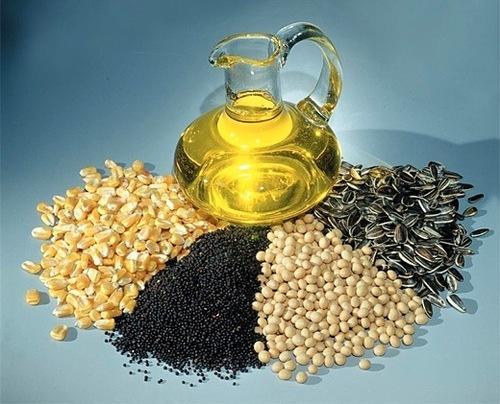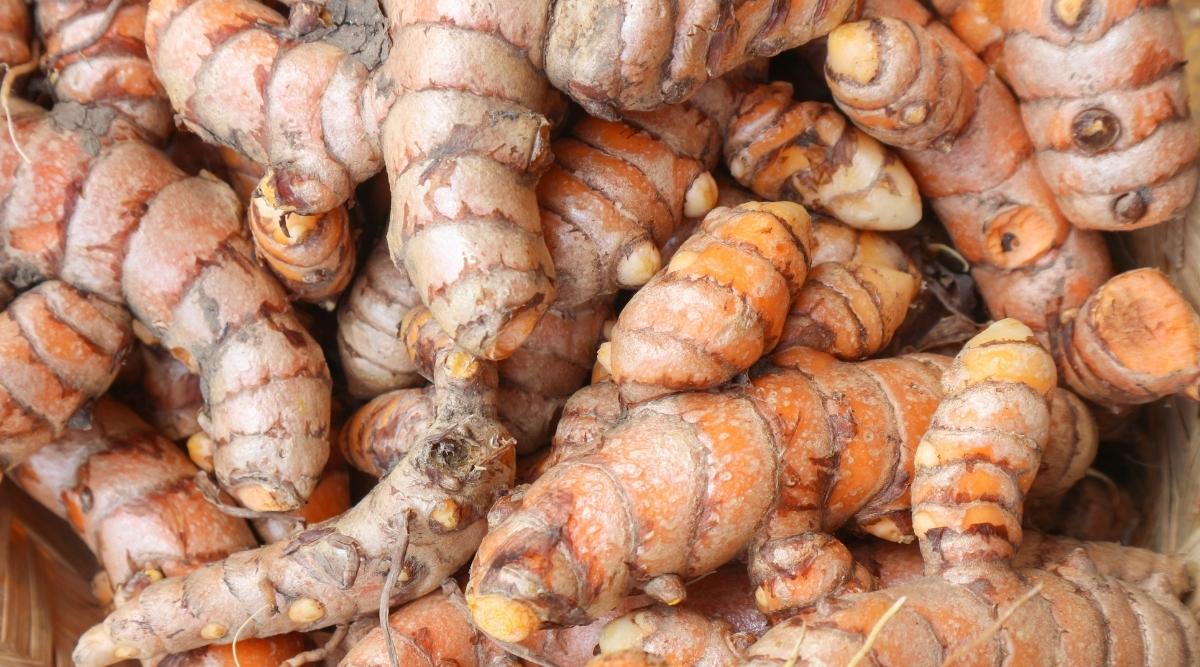India is expected to experience above-average temperatures during the winter season, raising concerns about the yields of crops like wheat and rapeseed. The India Meteorological Department predicts above-normal minimum and maximum temperatures from December to February, with fewer “cold wave days.
” Winter-sown crops like wheat, rapeseed, and chickpea require cold weather for optimal growth and maturity. Lower production could force India to import wheat to ensure affordable supplies for its 1.4 billion people and increase imports of pulses and edible oils.
Despite record-high prices, New Delhi has resisted calls for wheat imports to avoid upsetting farmers. In recent years, temperature has become more important than other factors in wheat yields.
In 2022 and 2023, hot and unseasonably warm weather hit India’s wheat output, leading to a sharp drawdown in state reserves. To boost supplies, India plans to sell 2.5 million metric tons of wheat from its state reserves to bulk consumers.

